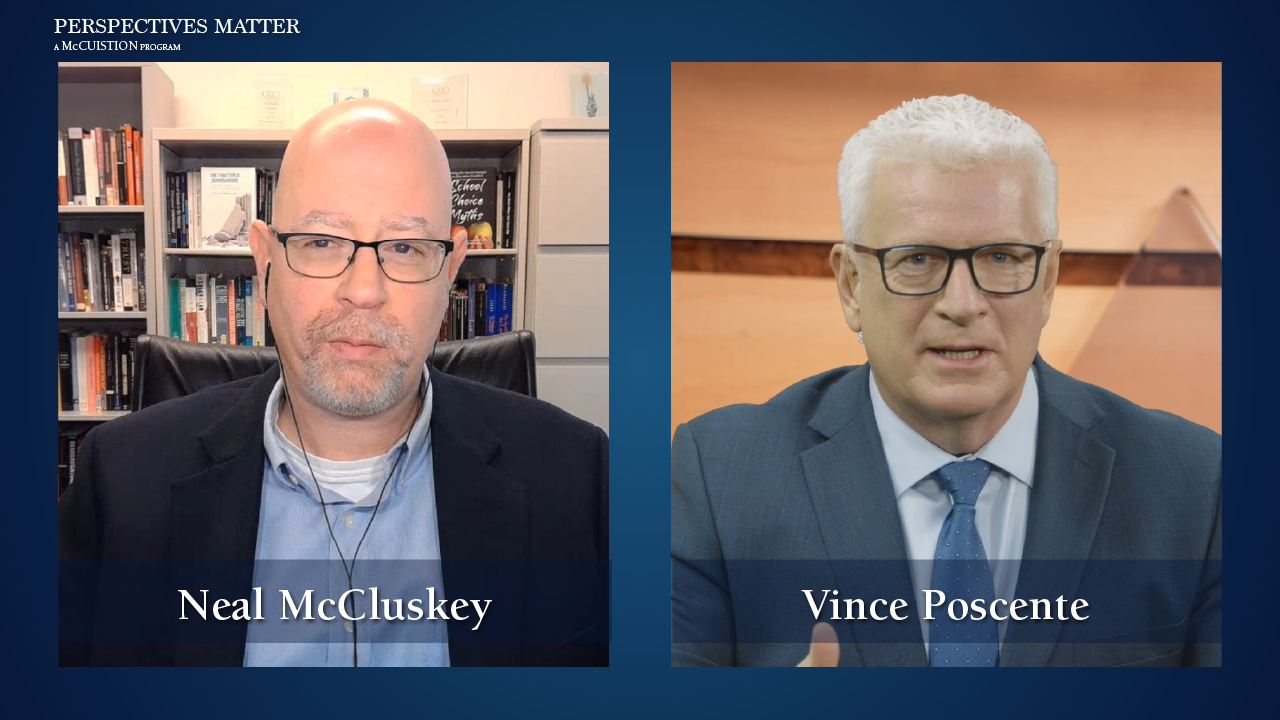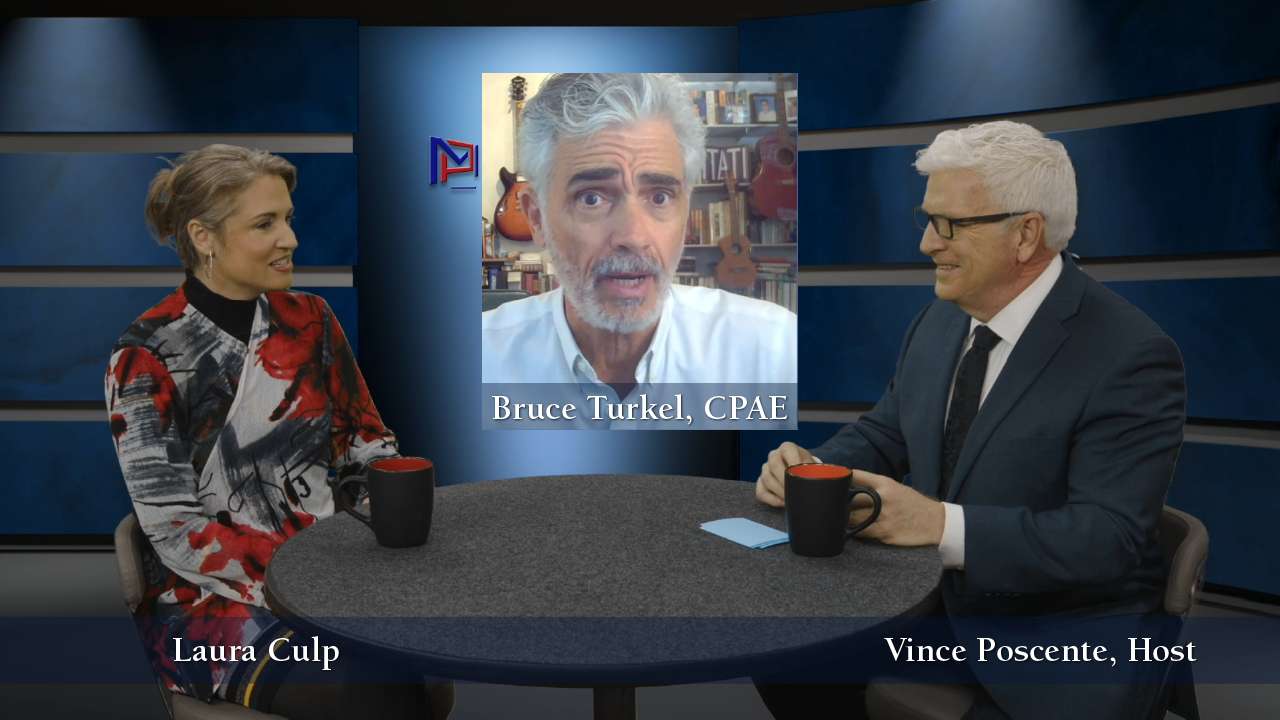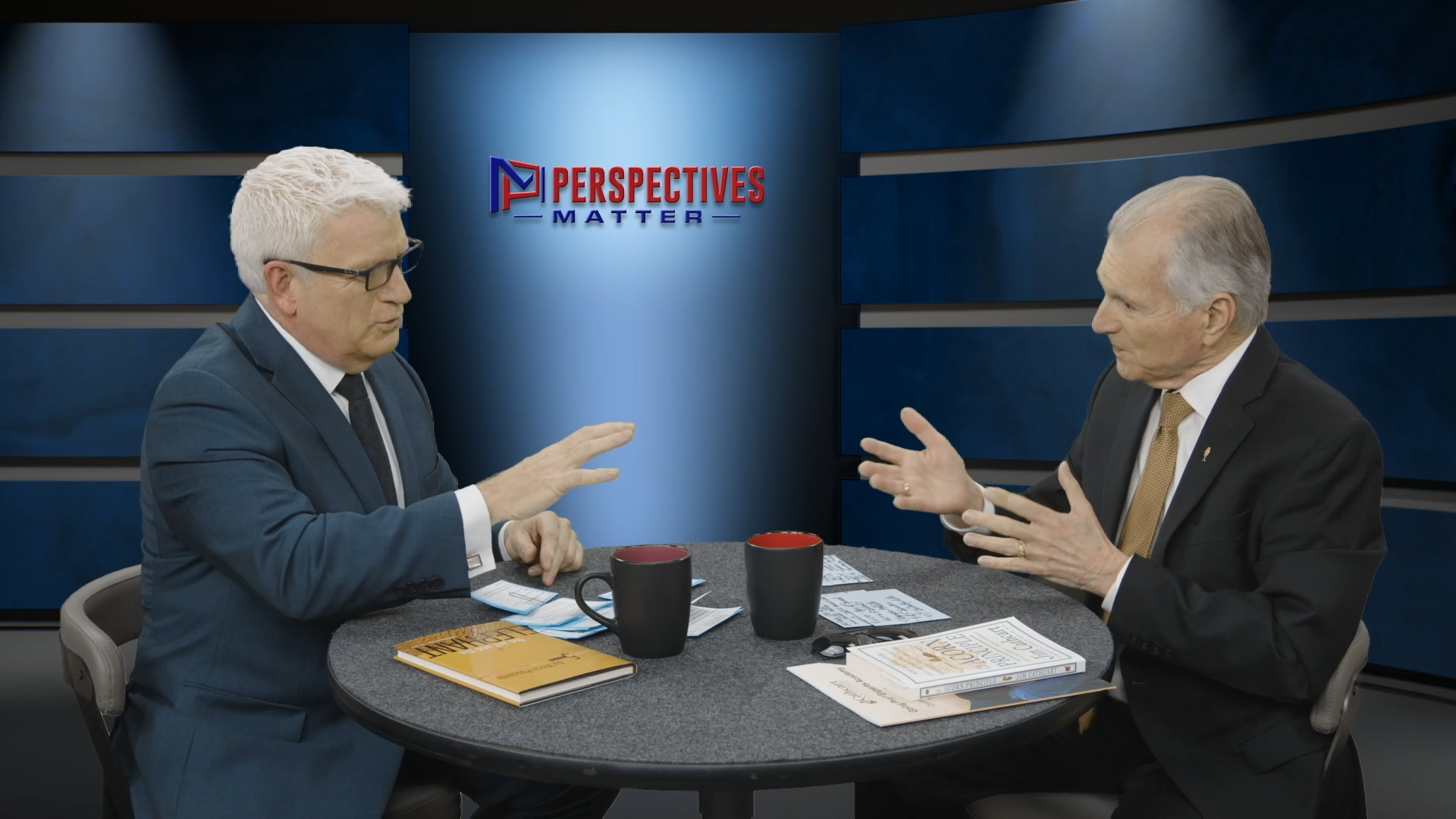What happens with net neutrality may well impact you directly – personally and economically. The controversy over Net Neutrality is in the news on a daily basis. As a result of a Verizon lawsuit, (January of 2014), the DC District Court struck down the Federal Communications Commission’s (FCC’s) net neutrality rules. The Court made it clear that the FCC has authority over Internet access generally; still it found that the open Internet rules specifically were built on a flawed legal foundation. The decision left it open for the FCC to decide what to do next to reestablish net neutrality. At the FCC’s Open Meeting in May 2014, the Commission introduced their proposal for net neutrality rules, which discuss the problems that occur when Internet Service Providers (ISPs) get to choose winners and losers online, but still allow for fast lanes and slow lanes online, and do not go far enough to establish meaningful net neutrality (credit Public Knowledge).
Net neutrality rules were established by the FCC in their 2010 Open Internet Order. These rules prevent ISPs like Verizon, AT&T and others from blocking or discriminating against certain online services. The 2010 order served to prevent large telecommunications firms from stifling competition and innovation online. It stated that the net neutrality rules were intended to “preserve the Internet as an open platform enabling consumer choice, freedom of expression, end-user control, competition, and the freedom to innovate without permission.” Ed Whittaker, former CEO of AT&T, said, “my pipes are being used for free and I’m not going to let them”.
Yet, without net neutrality rules in place, ISPs can prevent users from visiting some websites, provide slower speeds for services like Netflix and Hulu, or even redirect users from one website to a competing website. Net neutrality rules prevent this by requiring ISPs to connect users to all lawful content on the Internet equally, without giving preferential treatment to certain sites or services. In the absence of net neutrality, companies can buy priority access to ISP customers. Larger, wealthier companies like Google or Facebook can pay ISPs to provide faster, more reliable access to their websites than to potential competitors. This could deter innovative start-up services that are unable to purchase priority access from the ISPs. Also, if ISPs can charge online services to connect to consumers, consumers would ultimately bear these additional costs (for example, on their monthly Netflix bill or in the cost of products from a local online store).
The question of who pays for what is still open to debate. The decision is still out on who pays for what and when, and whose Internet access is more important. There is a lot of argument, smoke and hand waving to try to get parties to pay even more, but can you really control user choice?
Join host, Dennis McCuistion, and our well informed experts:
- Vinton Cerf, PhD: One of the “fathers of the Internet”; Co-inventor of the Internet Protocol;
Joining us by telephone is:
- Gabe Rottman, Legislative Counsel/ Policy Advisor
American Civil Liberties Union (ACLU) Washington Legislative Office
… and in the studio:
- Tom Giovanetti: President, Institute for Policy Innovation, and
- Peter S. Vogel: Trial Partner, Arbitrator and Special Master at Gardere Wynne Sewell LLP (FCC’s Authority to Regulation Net Neutrality Pends – Blogs about Net Neutrality; Net Neutrality in a Nutshell at Internet, IT & eDiscovery Blog and in his monthly article on eCommerce Times.
Thank you for joining us as we continue talking about things that matter.
Niki







